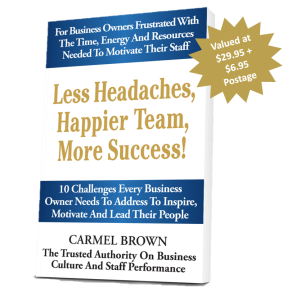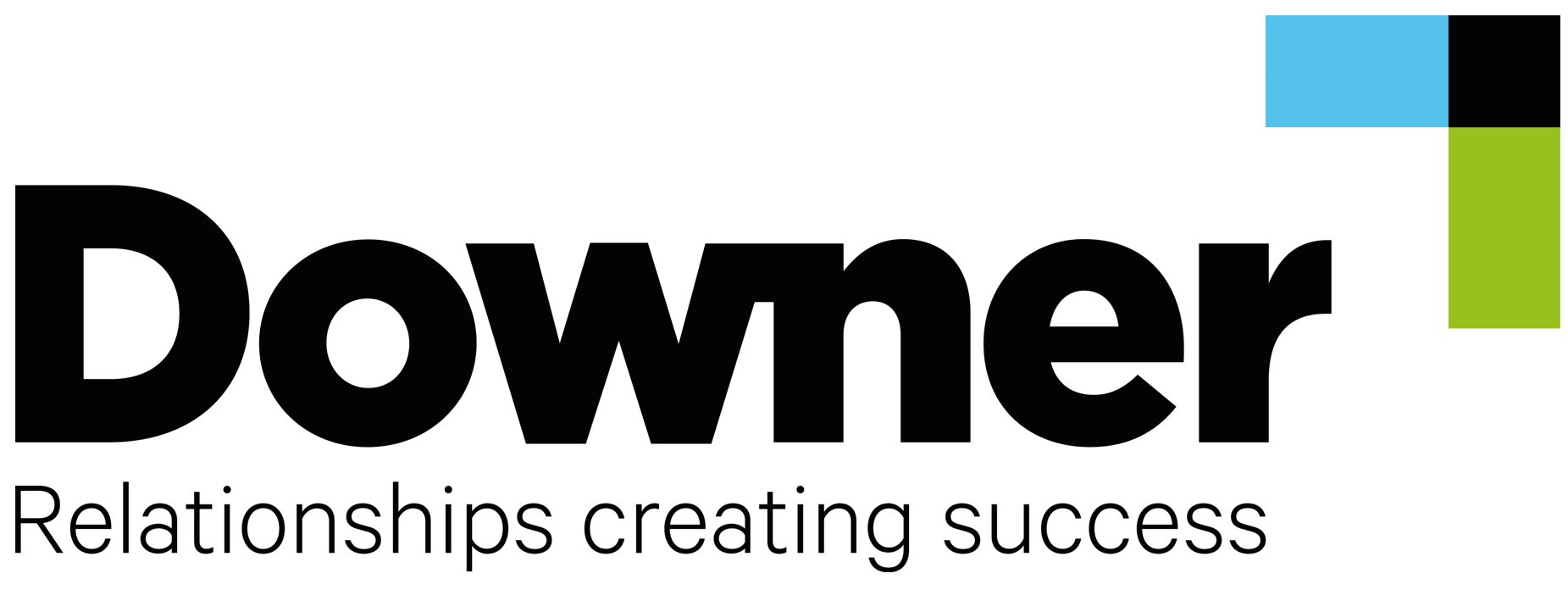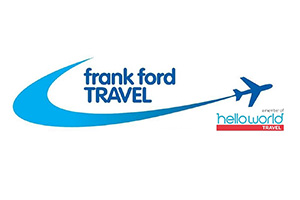Less Headaches, Happier Team, More Success!
For Franchise Owners with Teams Who Drive Them Crazy!
The answer is simple: the ways in which staff and franchise owners think about employment are fundamentally different.
Different Points Of View
Staff view employment as security and as something that includes inherent rights. There is legislation to protect these employee rights, such as minimum rates of pay, annual leave, sick leave, casual loading penalties and much, much more.
To put it bluntly, staff get paid regardless of whether the business is doing well or not and they have solidity and faith in that fact. They count on getting their wages each week. They make plans around it, sign loans based on it, book holidays, buy cars and take out mortgages—all with the understanding that they have a steady income.
On the other hand, a franchise owner is generally not an employee of their company. This means that their income can fluctuate depending on how the business does. Which is great when the business is going well, but not so great when things hit a rough patch.
Franchise owners are the ones who take the risk, and they are rewarded when that risk pays off. However, risk, by its very nature, means that sometimes it won’t pay off. There are peaks and troughs that impact the cashflow and bottom line. Franchise owners don’t get paid leave, they rarely get adequate superannuation, and they miss out on a host of other rights that employees take for granted.
Franchise owners are also required to motivate other people to ensure the continued success of the business. The problem is that when it comes to knowing how to do this, most franchise owners have rarely had much training—if any.
How The Success Of Your Business Can Become A Problem
For most people, managing and leading are skills that they don’t possess when they start out in business. Usually, someone has a great idea for a business, and they want to move forward NOW, so they do. While it’s just them, it’s great! Then their business grows and they need more people, so they have to find someone to help them.
Without having a great deal of knowledge around recruitment, or even a clear understanding of exactly what the role is that they need someone to fulfil, many franchise owners either take the option of filling a position through word of mouth, maybe by taking on a friend or family member, or advertise the role without really knowing what it is. In these instances, they are so grateful for the help that they usually neglect to consider whether they are employing the right person.
By the time they do have a chance to look back, they may have employed a few family members and friends, and these external ties make it very difficult to take back the management role that franchise owners have to play. Or they may have employees without personal ties who are simply not a good fit, and yet these people have employment rights so letting them go is not straightforward.
All of this leads to frustration, and it comes at a cost to the business. The disconnection between the needs of the business and the ability of the people involved to meet those needs means that, inevitably, opportunities are lost and inefficiencies are rife, due to a lack of the required skills in the team.
There is also further stress due to not wanting to upset anyone. This means that franchise owners often suffer in silence, taking up yet more time and headspace trying to figure out a viable way forward.
Eventually, people leave. Although this solves one set of problems, it creates another, with additional costs in time and money as the franchise owner has to go through the recruitment and training process again.
This is how most small businesses start and grow—for a time.
Employer Of Choice
Once a business that has grown in this way reaches a point where it has around 20 staff, the wheels start to get wobbly. Often by now, engagement is low—no one puts in the extra effort—and the business struggles to be excellent, which means there is no way the franchise owner is going to be considered an employer of choice.
“Employer of choice” is a term you hear a lot. When you are an employer of choice, recruitment becomes significantly easier. This is because, as an employer of choice, you don’t have to go to market and say, “Come and work for me.” Instead, you have people knocking on your door saying, “I hear this is a great place to work. Here’s my résumé. If a position comes up, can you let me know?”
This makes becoming an employer of choice seem like an obvious goal. However, the problem is that being an employer of choice is not a goal—it is a result. So how do you achieve that result?
Businesses don’t achieve employer of choice status based solely on the rates of remuneration they provide, because money is not a motivator. There’s never been a study done that shows a correlation between retention and job satisfaction and money. It just doesn’t exist.1
What people stay for is culture. Are they appreciated? Are they challenged? Are they given opportunities? Do they feel valued and worthy?
Once your employees feel appreciated, challenged, valued and worthy, you become an employer of choice by default.
There are numerous interactions and contacts that you have with your people, and that your people have with each other, which add up to this result. These interactions change over time because culture is an ever-expanding and constantly shifting mark. For instance, every time someone leaves or joins a team, the culture shifts. And as people learn more and offer ideas and innovations, it shifts again.
Being an employer of choice is a result, and yet it is a result that is forever changing.
Unfortunately, due to the unequal power relationship in employment, employers and employees have traditionally seen each other as adversaries—and they each play their role.
But employers and employees need each other. It is a mutual need relationship. As such, it does not have to be adversarial. Once franchise owners fully understand this, they can begin to see the benefits of truly working together and growing a positive culture. After all, it is the behaviours of the leaders that have the biggest impact on the culture of a business.
Key Takeaways
- At the most basic level, franchise owners need to remember one simple fact: Staff are people, too. Franchise owners employ people, and people come with baggage. They are emotional creatures and do not always follow a logical path. They need support and guidance, as well as a pay cheque.
- Staff and business owners think differently about employment. Neither perspective is wrong, they are just different.
- Managing people is not easy
- Staff always bring their “baggage” to work
- Leading is a special skill in itself
- Compliance is constantly a moving target
To summarise: people are complicated!
Getting your staff on the bus, in the right seats and headed in the same direction is the key to every franchise’s success.
We explore 10 Challenges every Franchise Owner knows only too well, from the Trusted Authority on Business Culture and Staff Performance – Carmel Brown.
Order your free copy now by entering your details below
(This is a Real Book, not a downloadable PDF, we will pay for the full postage and mail it to you)

Do Staff Drive You Crazy ?!?
Free Book Offer
(This is a Real Book, not a downloadable PDF, we will pay for the full postage and mail it to You)





























